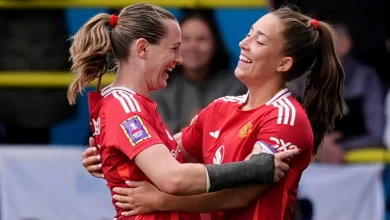The UK households HMRC will target with ‘Direct Recovery of Debts’

HMRC will leave £5,000 in bank accounts so people can afford things like rent, mortgages and utilities.
The UK households HMRC will target with ‘Direct Recovery of Debts’
The people HMRC will target for its ‘Direct Recovery of Debts’ have been revealed. HMRC is bringing back its ‘Direct Recovery of Debts’ powers, which require banks and building societies to pay directly from the accounts when requested.
This will only affected “the minority” who “can afford to pay what they owe but are choosing not to.”
Individuals and businesses who owe £1,000 or more will be targeted – if they have ignored communications, and can afford to pay but refuse to do so. HMRC will leave £5,000 in bank accounts so people can afford things like rent, mortgages and utilities.
READ MORE New rules for petrol and diesel drivers from 2030 could be scrapped
It said in a statement: “Some people experience genuine financial difficulty paying their tax. This often happens when their life is affected by a major personal event, or their business develops a problem.
“HMRC routinely takes a sympathetic approach to those who need additional support.” The Low Income Tax Reform Group said: “HMRC say there will be a specialist team offering additional support to vulnerable customers with tax debts.
“We understand such customers will be excluded from DRD action. We are seeking clarification from HMRC on the process they will undertake to identify vulnerable customers, how this class of taxpayer will be defined, and the type of support that will be provided. We will provide further information on this in due course.
“For all other taxpayers within the scope of DRD, HMRC have confirmed that at least £5,000 must be left in the taxpayer’s accounts after any tax owed has been taken, to ensure that the person or business still has sufficient funds for essentials.”
Total unpaid tax and tax credits stood at a total of £44billion in March 2025. The government has invested in new staff and systems to help collect this money as part of its strategy to improve compliance and reduce the tax gap.
The LITRG said: “Anyone who is having a problem paying their tax bill should not ignore it and contact HMRC as soon as possible to talk about their debt.
“HMRC may be able to arrange a payment plan for the person or business to pay the tax owed.”





